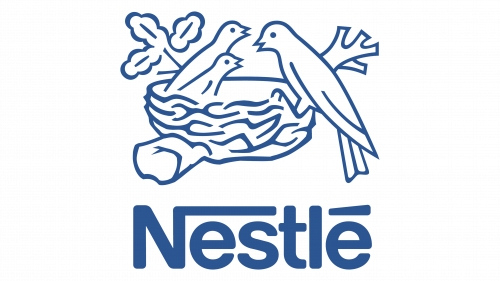CareerClub Community
Elevate Your Career with CareerClub!
CareerClub / /club is designed to create a robust and trusted home for job seekers, talent seekers and service providers by connecting Professional with job opportunies with Jobs, professional networks with Networking, career centered events with Events and lots of resources to assist with jobs, works, and wellness related topics.
Join local / global CareerClub events
Connect with CareerClub peers
Engage and Grow through CareerClub opportunities
Join Our Movement:
Connect, Collaborate, and Catalyze Change
Employers
Want to support your talent pool? Quickly find and share internal knowledge with Private Q&A
Professionals
Questions about your career? Join the conversation, gain insights, and make informed decisions
Partners
Partner with us to reach a wider audience, offer expertise, and craft experiences that leave a lasting impact





















 Dojo Suggestion
Dojo Suggestion



Or